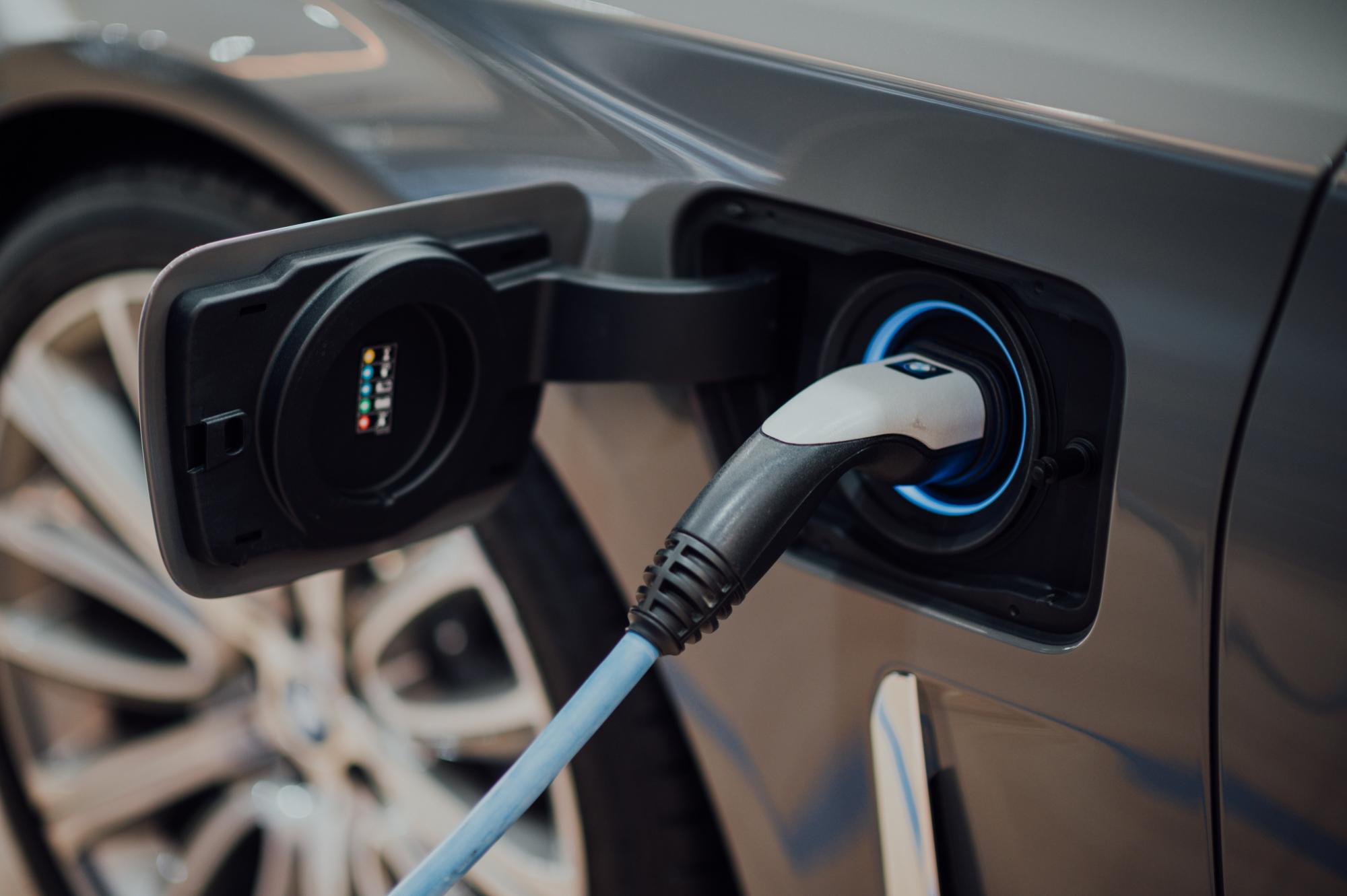Test- FTSE 100 Kicks Off August on a High as BP and Senior Lead Market Momentum
$11
10 Oct 2025, 13:13

Unsplash.com

According to the most recent data, sales of new electric vehicles to private consumers dropped significantly in September compared to the same month last year.
Sales to private customers decreased by 14%, according to the Society of Motor Manufacturers and Traders, although overall registrations of electric vehicles increased by nearly 19%.
The firm fleet purchasers were solely responsible for the expansion.
Overall auto sales increased significantly in September, although they are still below levels prior to the epidemic.
In total, new vehicle registrations increased by 21% in comparison to the same month in 2022.
Since the issuance of new licence plates greatly enhances sales, September is an excellent time to evaluate the sector's health.
It was the 14th month in a row that growth occurred. The Covid pandemic's effects, as well as the ensuing scarcity of parts, notably semiconductors, which had an influence on production and the availability of some models, have been alleviated in the industry.
Similar to electric vehicles, business fleets have been replacing their stock to fuel the expansion in the automotive industry, with registrations up 40%.
Despite a 5% increase in sales to private customers, the market as a whole is still considerably smaller than it was before the Covid crisis.
Electric cars are far more tax-efficient for corporate car drivers than petrol or diesel ones, which has increased their appeal.
Private buyers, however, have less advantages.
In addition, an exemption from vehicle excise duty for electric cars is set to expire in 2025. The Plug-in Car Grant, which offered reductions on the purchase price of EVs and plug-in hybrids, was discontinued last year.
This poses a severe problem for producers.
Despite its decision to postpone a total prohibition on the sale of new petrol and diesel automobiles from 2030 to 2035, the government is moving forward with its zero-emissions vehicle requirement.
According to the regulation, automakers must make sure that eight out of every ten new vehicles produced by 2030 are battery or hydrogen-powered. Sales to private customers will thus significantly increase as a result.
(Sources: bbc.co.uk)